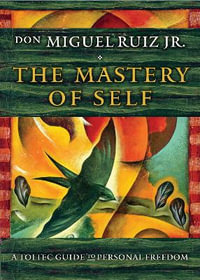Industry Reviews
"Sir," harrumphed Dr. Johnson, "We know our will is free, and there's an end on't." Professor Dennett (Philosophy, Tufts) also knows the will is free, but in this witty, wide-ranging, steadily persuasive essay he transforms Johnson's (and most other people's) intuitive certitude into a series of rationally articulated probabilities. The "elbow room" he argues for is the sphere inhabited by "us sinners" (limited, conditioned, but responsible agents), as opposed to both the realms of absolute freedom imagined by Socrates, Kant, Sartre, Chisolm, et al., and the dungeons of determinism or fatalism. The latter, of course, are what really worry us; but Dennett shows that the specters of heteronomy are neither irrefutable axioms nor solid science, but "unfocused images" that break down under scrutiny. In one of his many illuminating metaphors, he contrasts body English (the determinist's view that all our thinking and straining and deciding affect the real world no more than a golfer's antics after hitting a putt help to sink it) with follow-through: the seemingly illogical but undeniable fact that "keeping one's head down" after striking the ball - doggedly assuming our deliberations and choices make a difference - makes for a better shot. But if Dennett assaults behavioristic and related models of mind, he's no kinder to "soft" ideas of free will, such as the belief that there can be no moral or criminal guilt unless a person in a given situation could have done otherwise: first of all, we can never say with authority whether alternate actions were possible or not (too many imponderables); second, even if we knew, our knowledge would have little value (all "microcircumstances" being unique); and third, the agent's lack of an alternative might have no importance (if he had made himself a hardened criminal). As readers of The Mind's I (1981) will remember, Dennett has a remarkable gift for constructing humanistic psychology out of materials garnered from physics, biology, and cybernetics. He's in even better form here - and with his sprightly style and exceptional clarity, he's a worthy descendant, if not a disciple, of his great forebear, William James. (Kirkus Reviews)

























